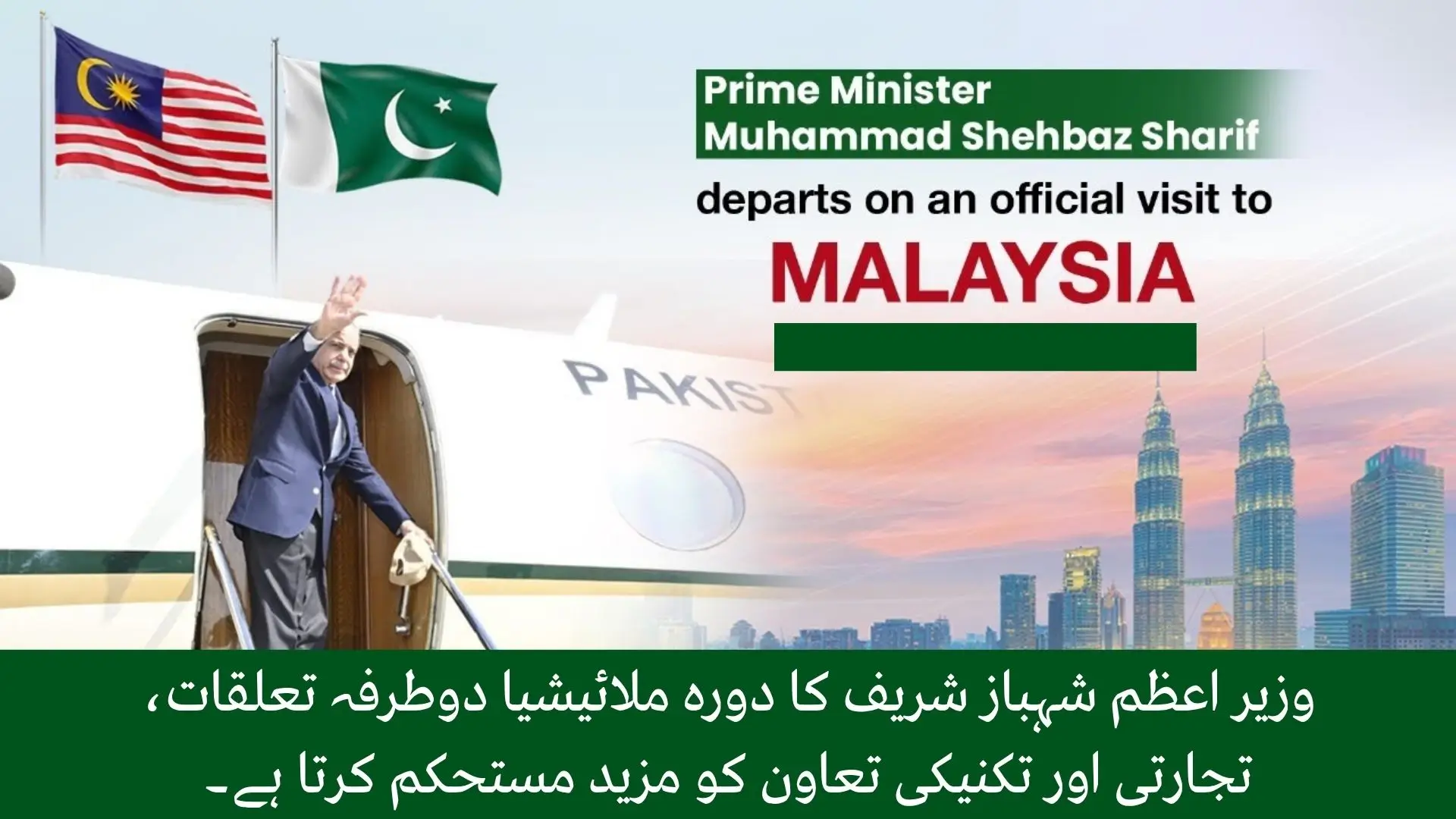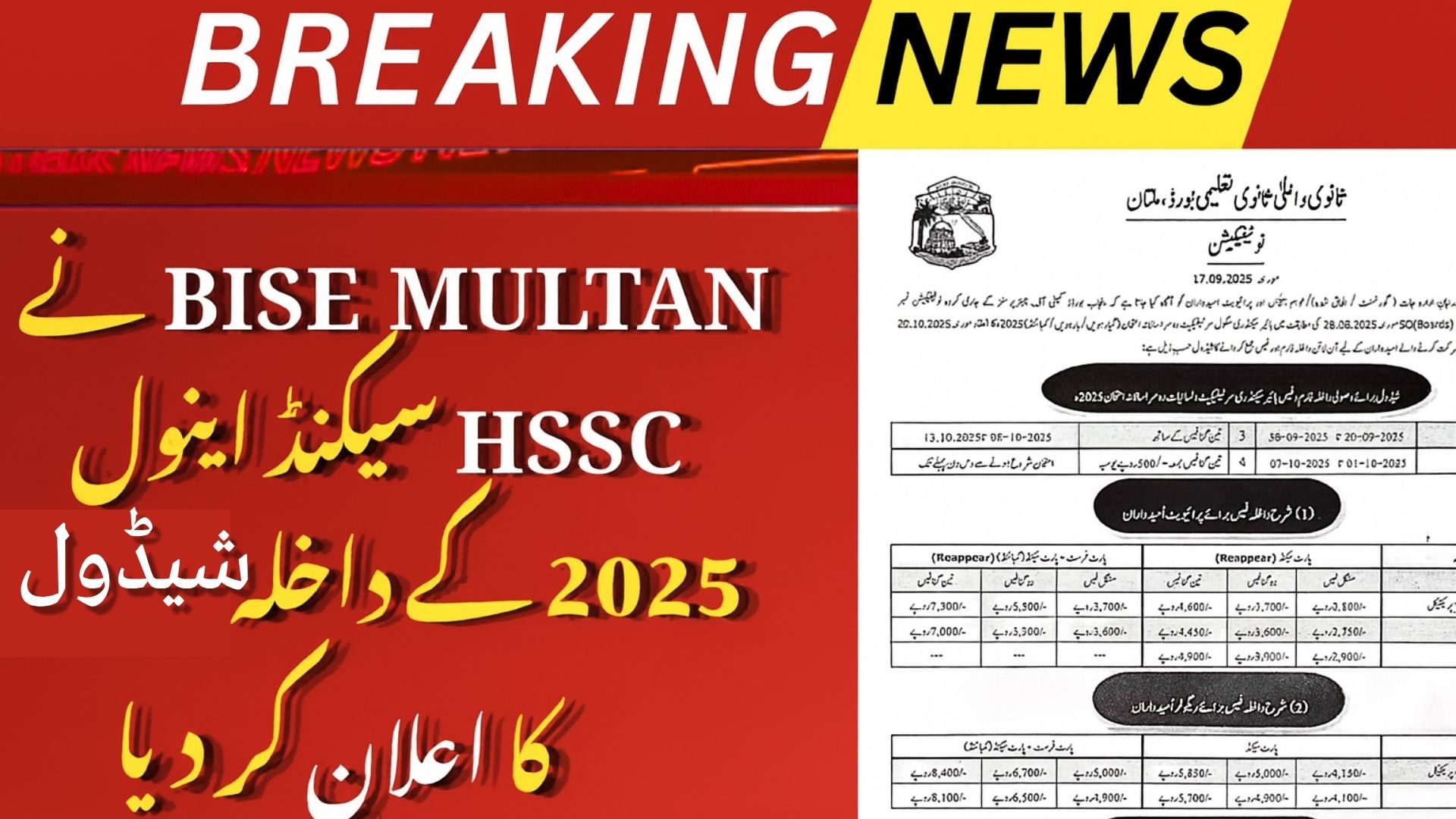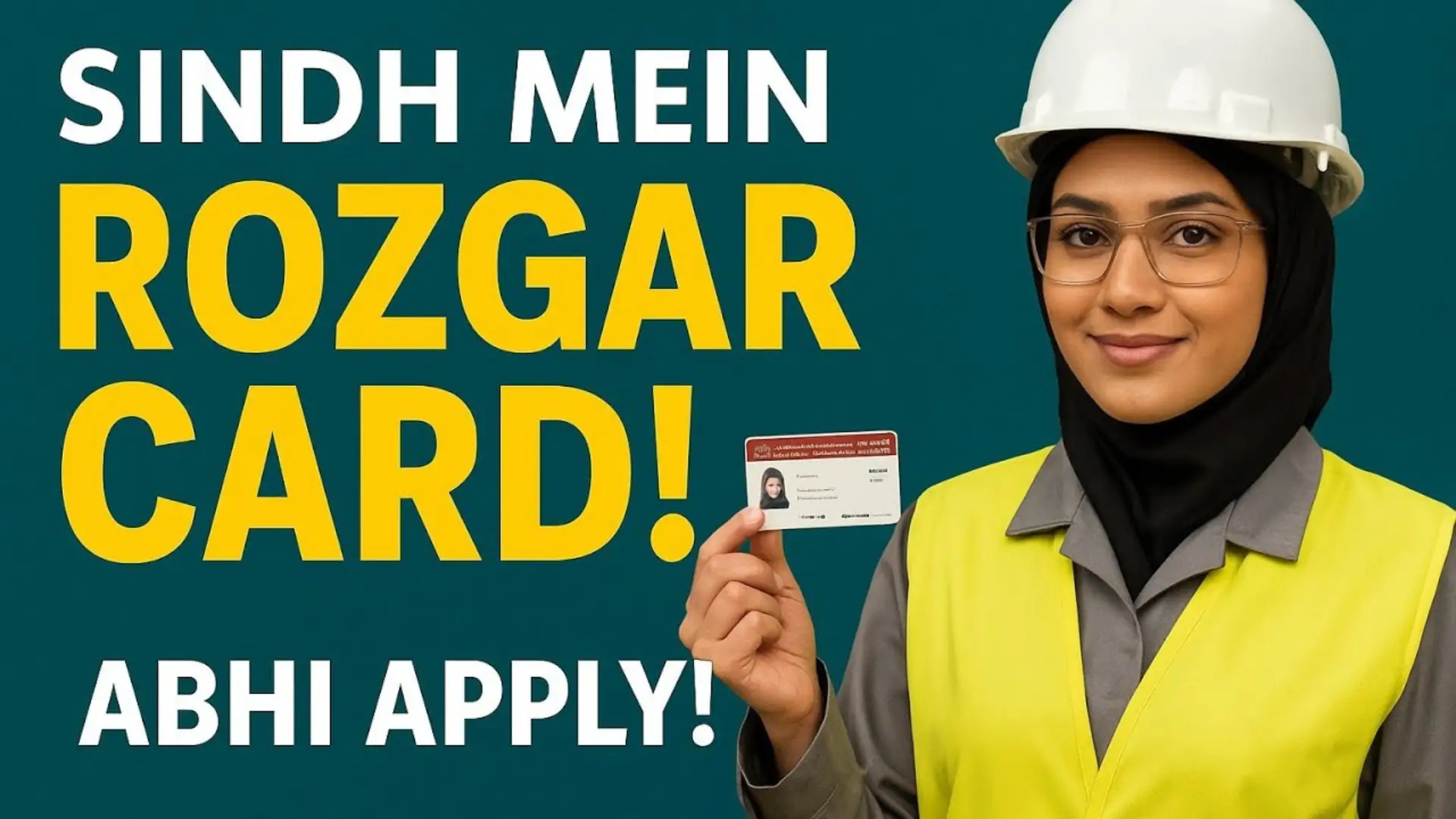Prime Minister Shehbaz Sharif’s Malaysia Visit Strengthens Bilateral Ties, Trade & Technological Cooperation. Pakistan and Malaysia have opened a new chapter of cooperation after Prime Minister Shehbaz Sharif’s official visit to Kuala Lumpur. The three-day trip strengthened diplomatic ties, boosted trade prospects, and unlocked fresh opportunities in technology, innovation, and people-to-people partnerships. Warmly welcomed by Malaysian Prime Minister Anwar Ibrahim, the visit delivered major breakthroughs aimed at reshaping bilateral relations for the modern era.
Shehbaz Sharif Malaysia Visit
Prime Minister Shehbaz Sharif’s visit to Malaysia marked an important moment for Pakistan’s regional diplomacy. Describing Malaysia as his “second home,” Shehbaz Sharif highlighted the long-standing friendship between the two nations. The visit focused on strengthening ties through improved economic cooperation, mutual respect, and shared aspirations for the future.
The two leaders agreed to work closely on trade, technological innovation, halal industry development, and global peace efforts.
Warm Welcome and Deep Personal Connection
Upon arrival at Putrajaya, Prime Minister Shehbaz Sharif received a ceremonial guard of honor, symbolizing the strong relationship between the two Muslim countries. The Malaysian Armed Forces presented the welcome, followed by the national anthems of Pakistan and Malaysia.
During a joint press briefing, Shehbaz Sharif expressed deep appreciation for the warmth shown by Anwar Ibrahim and his team. He said that despite this being his first visit, the hospitality made him feel as if he was “among family,” highlighting the historic people-to-people and leadership bond.
Shehbaz also met Malaysian ministers, senior officials, and business leaders, strengthening the collaborative environment throughout the visit.
Strengthening Bilateral Relations Through Strategic Dialogue
The two prime ministers held detailed discussions on:
- Regional stability
- Global political developments
- Strengthening diplomatic coordination
- Expanding economic and security cooperation
Both leaders stressed that Pakistan and Malaysia share common perspectives on major global issues—including peace, stability, Islamophobia, and the rights of oppressed communities.
Shehbaz Sharif also recalled Anwar Ibrahim’s recent visit to Pakistan, calling it a “milestone” that re-energized bilateral collaboration.
Expanding Trade, Investment & Economic Cooperation
Malaysia to Enhance Pakistani Imports
A major highlight of the visit was Malaysia’s commitment to boost trade with Pakistan. Prime Minister Anwar Ibrahim confirmed:
- Increase in rice imports from Pakistan
- Approval for importing Pakistani halal meat worth $200 million annually
This step is expected to significantly enhance Pakistan’s export revenue and strengthen Malaysia’s halal supply chain.
Pakistan Seeking Joint Ventures
Shehbaz Sharif emphasized Pakistan’s readiness to collaborate with Malaysia in:
- Industrial development
- Agriculture and food security
- Infrastructure projects
- Modern halal industry
He stated that Pakistan is committed to learning from Malaysia’s economic success and jointly developing sustainable, high-growth projects.
Boosting Technology, Innovation & Digital Transformation
Technology was one of the strongest focus areas of the visit. Both leaders agreed to expand cooperation in:
- Information Technology (IT)
- Artificial Intelligence (AI)
- Digital Economy
- Cybersecurity
- STEM research & education
Anwar Ibrahim praised Pakistan’s early contribution to global IT and engineering sectors and encouraged joint innovation projects. Shehbaz Sharif stressed that technological cooperation can unlock economic opportunities for both nations.
This understanding is expected to lead to new partnerships between IT ministries, tech universities, and private tech firms from both sides.
The Role of the Pakistani Community in Malaysia
Prime Minister Shehbaz Sharif commended the 150,000-strong Pakistani community living and working in Malaysia. He called them an “ambassador of Pakistan” and appreciated their contribution to Malaysia’s development in:
- Construction
- Engineering
- Hospitality
- Retail
- Small and medium enterprises
Their presence strengthens cultural ties and builds trust between the two nations.
Mutual Support on Global and Muslim-World Issues
Malaysia expressed appreciation for Pakistan’s principled stance on global issues, especially:
- The Palestine crisis
- Gaza humanitarian situation
- Muslim unity and mutual support
Anwar Ibrahim acknowledged Pakistan’s moral leadership and consistent advocacy for Palestinian rights. Both leaders also shared concerns over global conflicts and agreed to enhance diplomatic cooperation for peace and justice.
High-Level Delegation & Strategic Policy Agenda
Prime Minister Shehbaz Sharif was accompanied by:
- Ishaq Dar – Deputy Prime Minister & Foreign Minister
- Attaullah Tarar – Federal Minister for Information
- Tariq Fatemi – Special Assistant to the PM
The delegation held meetings with Malaysian officials and private-sector representatives to advance collaboration in:
- Trade and commerce
- Halal industry investments
- Infrastructure and energy development
- Education and skill training
- Tourism and cultural exchange
Foreign Office Statement: Broader Cooperation Goals
According to the Pakistani Foreign Office, the visit aimed at expanding cooperation in multiple areas:
- Trade & Investment
- Halal Industry Expansion
- Infrastructure Development
- Education, Skill Training & Scholarships
- Energy and Sustainability
- Technology & Digital Economy
- Tourism and Cultural Exchange
- People-to-People Linkages
The FO emphasized that the visit reflects a partnership rooted in mutual respect and shared vision for growth.
Conclusion
Prime Minister Shehbaz Sharif’s Malaysia visit successfully revitalized Pakistan–Malaysia relations. The agreements on trade, technology, innovation, and diplomatic cooperation have set a strong foundation for future partnership. With both countries aligned on important global issues and committed to economic growth, the visit marks a significant turning point in bilateral ties.

















